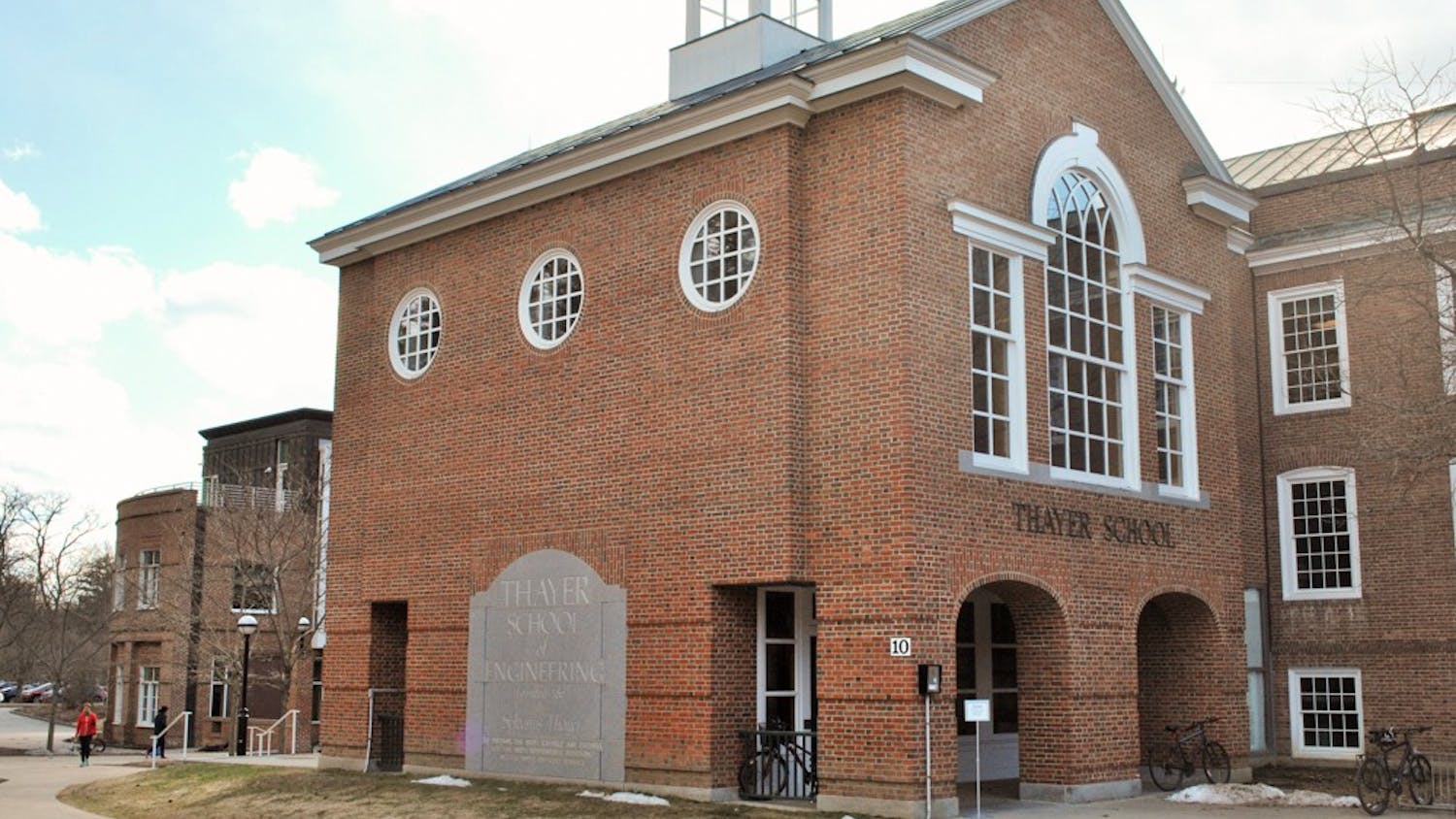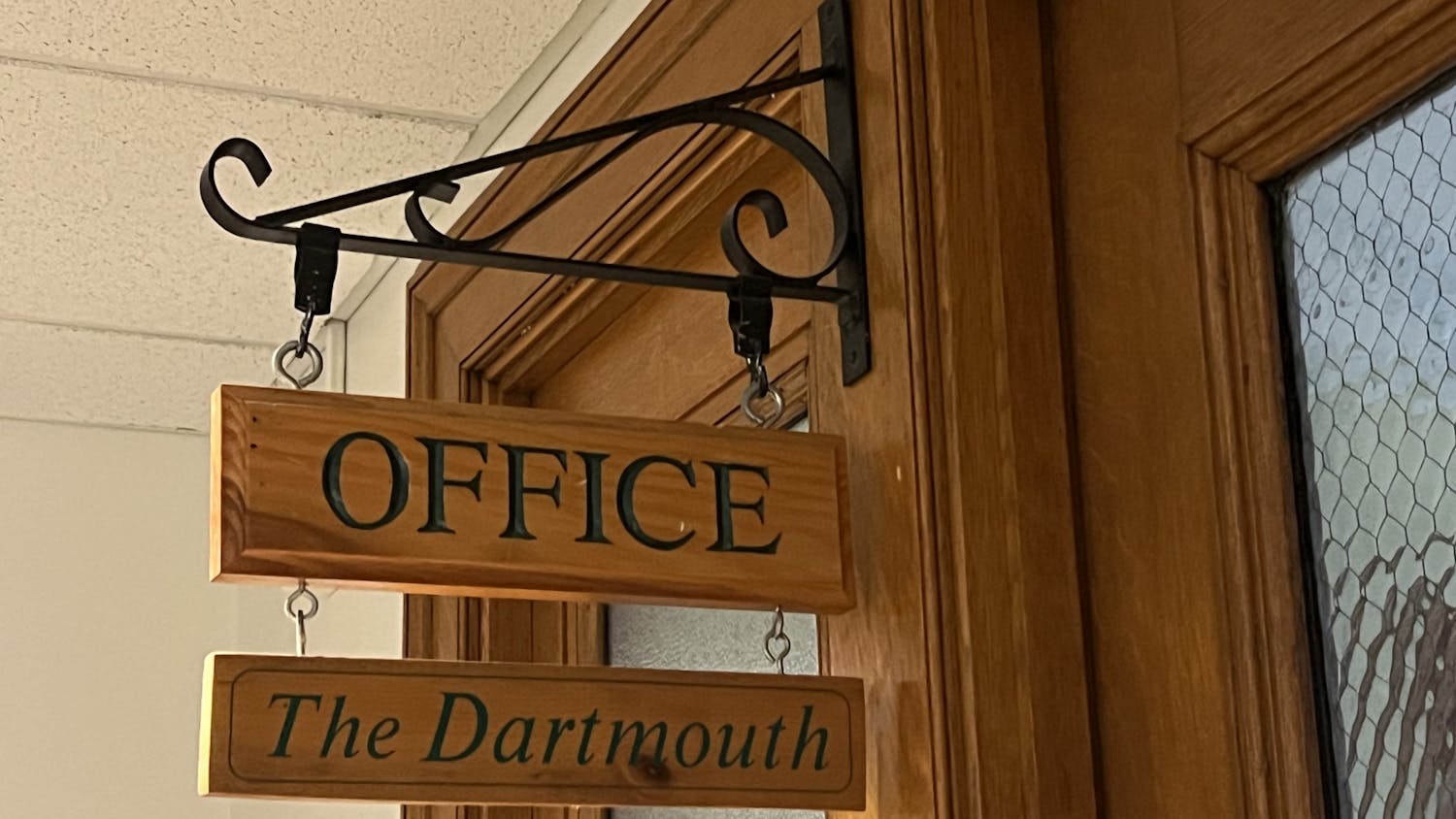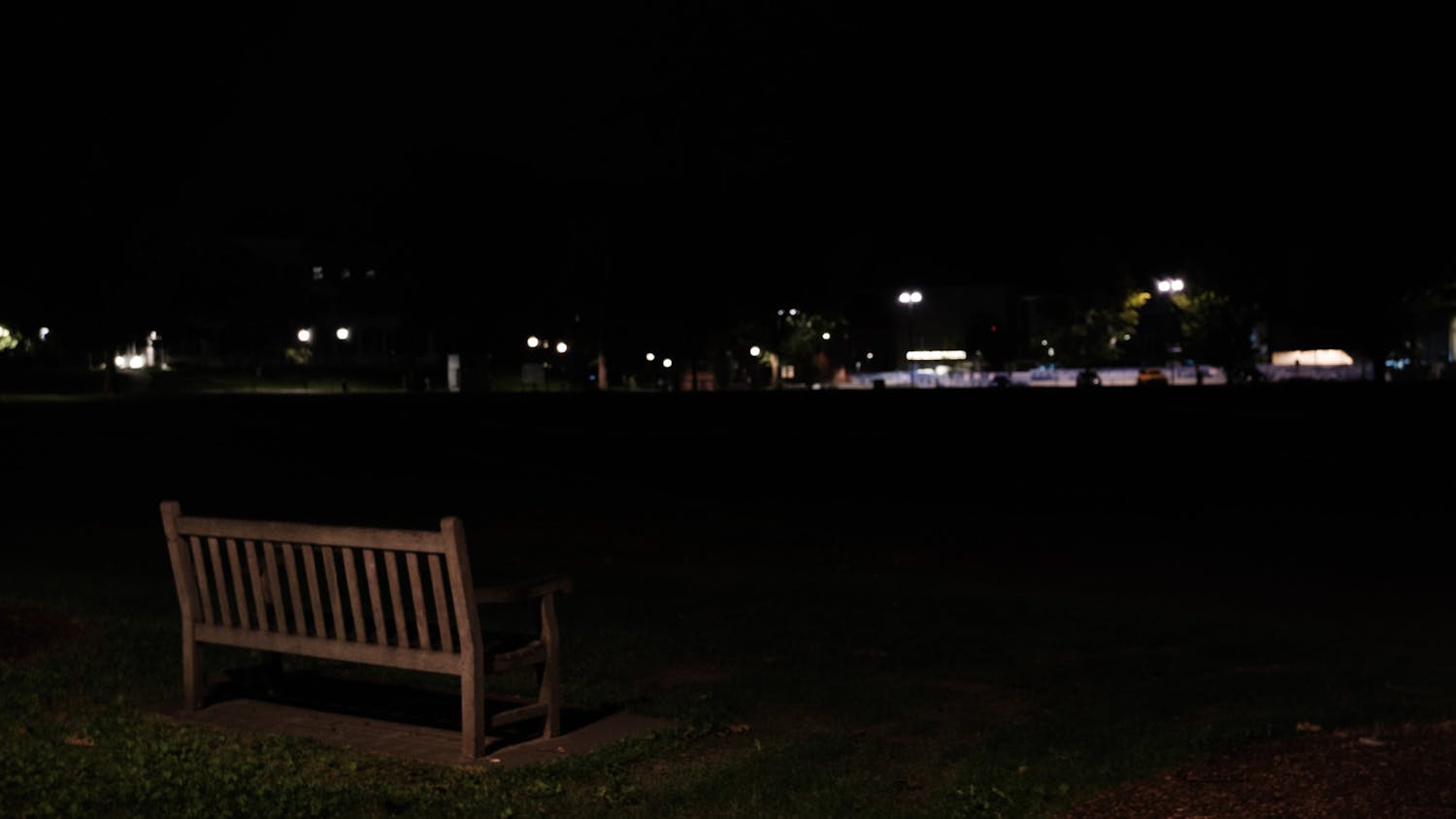Controversies surrounding the name of the town of Amherst, Mass. and the mascot of Amherst College are hot topics of debate among students at the school frequently ranked in the top three for small liberal arts colleges.
A group of Amherst residents is currently lobbying to change the town's name because Lord Jeffrey Amherst, for whom the town gets its name, allegedly committed atrocities against Native Americans.
The lobbying townspeople base their claim on historic records that Lord Amherst did "well to try to Inoculate the Indians by means of Blankets, as well as to try Every other method that can serve Extirpate this Execrable Race," according to a letter from the Lord to Colonel Henry Bouquet in the 18th century.
It is a commonly accepted fact that Lord Amherst attempted to commit acts of genocide by using small pox-contaminated blankets to infect the unsuspecting Native Americans.
The Amherst Student, the college's weekly student newspaper, reported that controversy over the town's name is not necessarily a new issue. Original settlers may have preferred "Norwottuck," after the Native Americans who previously owned the land on which Amherst lies.
Amherst College President Tom Gerety told The Student "it's very, very unlikely" that the school would change its name even if the town went through with the proposal.
This is not the first time a town has questioned its name. Williamstown, Mass., the home of Amherst's rival school Williams College, has also faced some controversy.
That town is named after Ephraim Williams who reportedly cheated Native Americans out of a considerable amount of land. Rumor has it that Williams donated land to Native Americans but made sure the transaction was recorded illegally in order to nullify it later.
On a similar note, students at Amherst College are also campaigning for a change in the school mascot, the Lord Jeffs -- from the same Lord who gave the town its name.
However, the motives for the mascot change are primarily based in the passivity of the title compared to other universities' mascots, such as the Brown Bears or the Princeton Tigers. Some have questioned the gender-specific nature of "Lord."
Amherst Student Government Organization President Tom Gray suggested "Raptors" as a substitute for the Jeffs. In a letter to the editor of The Student, 1985 Amherst graduate Frederick Lane proposed "Pioneers" as an alternative.
The Student reported that Amherst students voted 55 percent for the ousting of the Lord Jeff mascot in a survey last year.
Questioning the appropriateness of a town's names is something usually done in an effort to promote tourism while schools more frequently change mascots in an effort to be more politically correct or accepting.
Dartmouth dropped its Indian mascot in 1974 after complaints from Native American students that the image depicted them as barbaric.
The Big Green is the current mascot of the College, but an inflated moose is the physical representation seen at athletic games.
Native Americans have commonly been the most vocal lobbyists for mascot changes, even challenging professional sports teams such as the Washington Redskins football team, but other schools have chosen or changed their names or mascots for different reasons.
Beaver College, in Glenside, Pa., has recently discussed changing the name of the school because of the modern-day sexual connotations with the word, but nothing has been finalized as of yet.
Another example is the University of California at Santa Cruz whose athletes are nicknamed the Banana Slugs.
"The students' adoption of such a lowly creature for a team mascot was their reaction to the fierce athletic competition fostered at most American universities," according to the university's web site.
The university accepted the Slug as its mascot in 1986 after an overwhelming student vote convinced the university's chancellor to make the official change from the previous, more virulent one, the Sea Lions.
Fordyce High School in Arkansas uses the Redbugs as its mascot. The name originated in the 1920s when the school's football team played on a chigger-infested field, resulting in numerous bug bites for the players.
Other unusual mascots include the Geoducks of Evergreen State College in Washington, the Fighting Squirrels of Bradford College in Massachusetts, the Artichokes of Scottsdale Community College in Arizona and the Poets of Whittier College in California.



